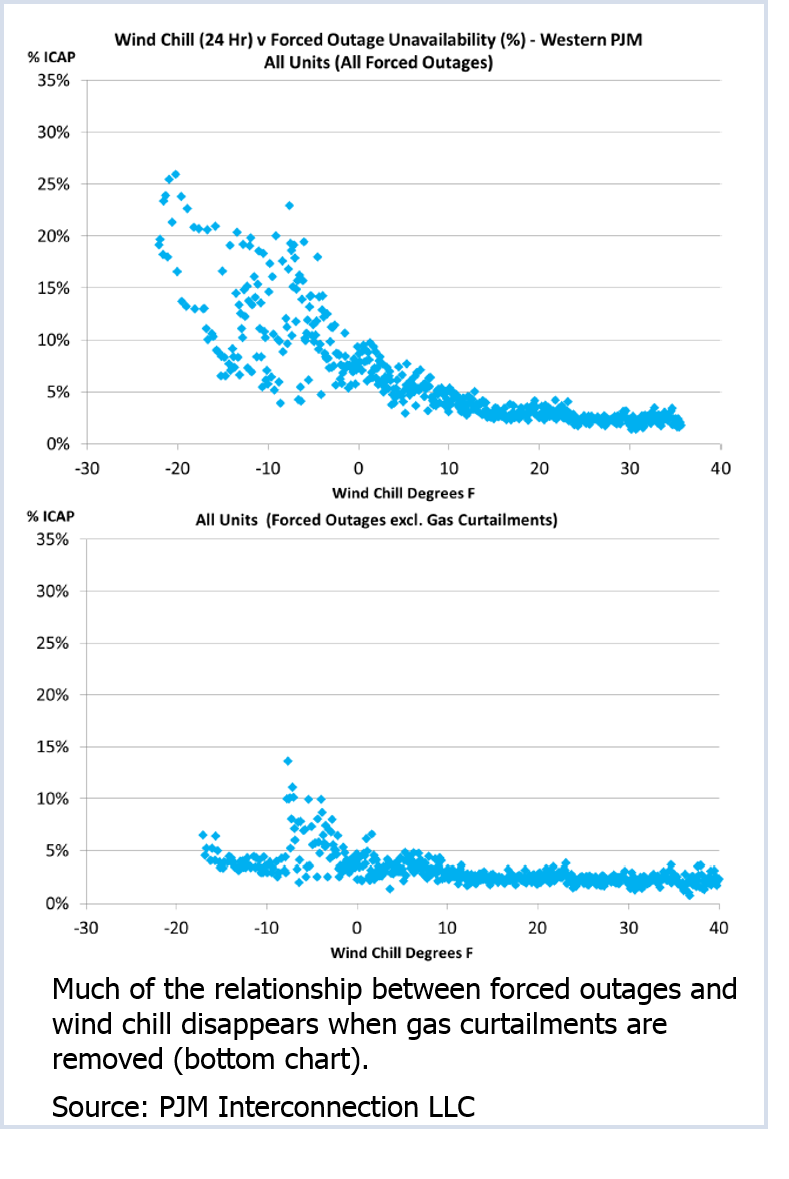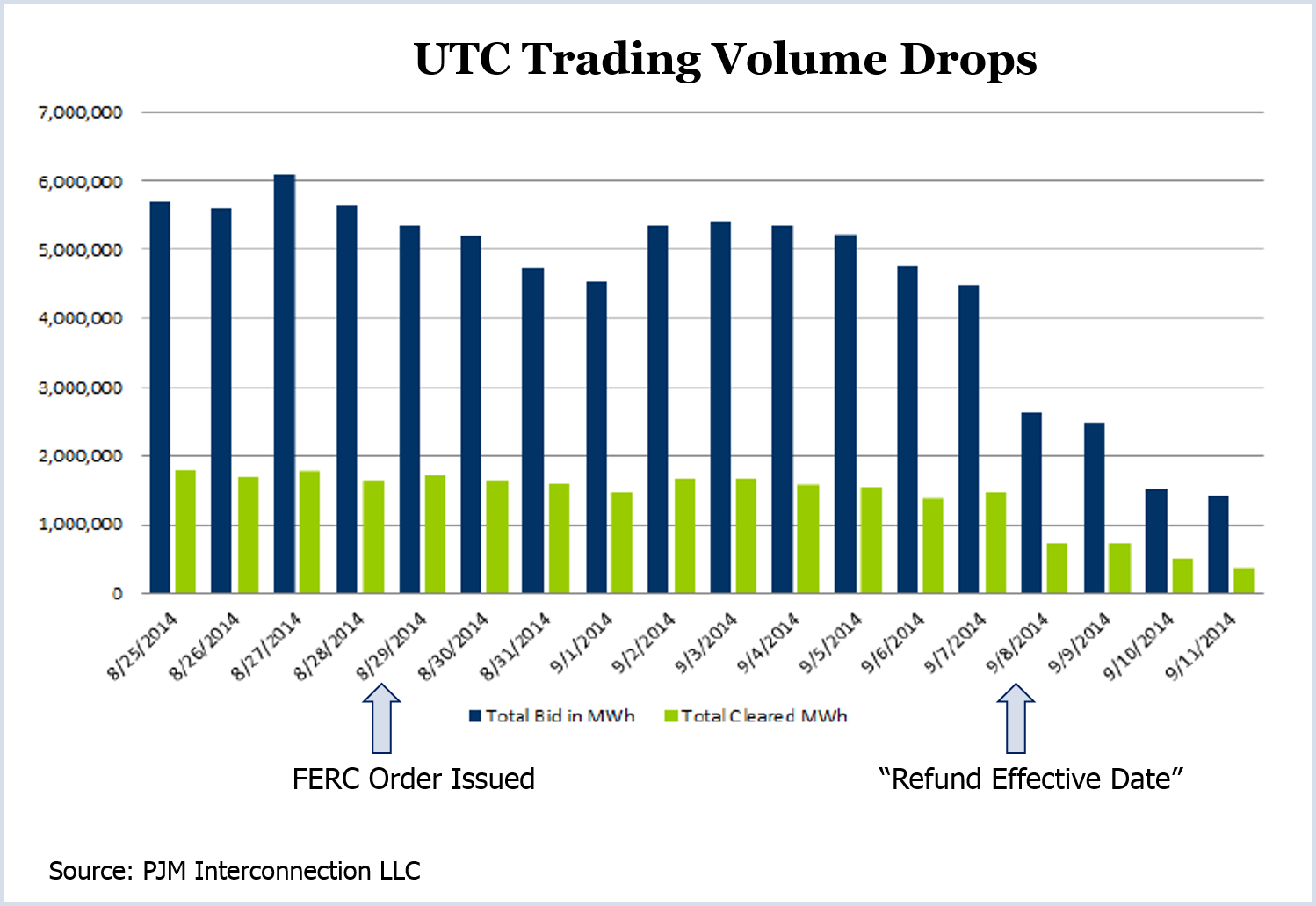By Ted Caddell
PPL’s plan to spin off its generation needs additional mitigation to address local market power concerns, PJM’s Independent Market Monitor told the Federal Energy Regulatory Commission last week.
PPL and Riverstone Holdings announced in June they would join their generation businesses into a publicly traded independent power producer named Talen Energy. The new company would own 15,320 MW of capacity, including 12,000 MW in PJM.
In their application to FERC (EC14-112), the companies proposed selling about 1,300 MW of PJM generation to avoid market power complaints. The companies said that no company with more than 10% of PJM’s summer installed capacity would be permitted to bid for the plants. That would leave out Public Service Enterprise Group, Exelon and NRG Energy. (See PPL, Riverstone ID Plants for Sale in Talen Spinoff.)
Not Enough
The Market Monitor told FERC that isn’t enough.
“The transaction, even with the applicants’ proposed mitigation, would have an anticompetitive impact,” the Monitor’s analysis says.
“The analysis concludes that the transaction would significantly increase concentration in specific, highly concentrated locational energy markets, would increase concentration in the capacity market and would have minimal effect on the market for regulation.”
The Monitor said “behavioral mitigation” would level the playing field.
It recommended that FERC:
- Require Talen to make cost-based offers in the energy and regulation market.
- Require Talen to offer the same plants and output as PPL did, prohibiting it from holding back generation to drive prices up.
- Expand the list of companies barred from purchasing the plants sold in mitigation to include American Electric Power, FirstEnergy, Dominion Resources, Duke Energy and Calpine. (Editor’s Note: The IMM said its initial filing, which was referenced in an earlier version of this story, erroneously included Edison International and failed to include Duke).
PPL questioned the IMM analysis and said it remains confident of FERC approval.
“PPL believes that the mitigation proposal addresses completely any potential FERC issues with concentration of power generation assets within PJM,” spokesman George Lewis said. “On first read, PPL believes the IMM’s comments are not justified by the facts of the PPL-Riverstone combination. We will review the comments in greater detail and respond at FERC.”
Allegheny Protest
The Monitor was not the only party to challenge the PPL-Riverstone deal. Allegheny Electric Cooperative, which owns 10% of the Susquehanna nuclear plant that is part of the spinoff, told FERC that it was blindsided by the deal and has not received assurances that the new owners are qualified to run a nuclear plant.
Allegheny said it first heard of the Talen deal late on the night of June 9, when PPL and Riverstone announced it.
“Even though Allegheny is a co-owner of and co-licensee for Susquehanna, PPL did not advise or provide any information to Allegheny concerning the proposed transaction until the proposed transaction was publicly announced,” the company wrote in its protest to FERC.
“The filing does not explain how PPL is complying with its contractual obligations to Allegheny regarding the operation and maintenance of Susquehanna in transferring its interests in the facility to Talen Energy,” Allegheny wrote in its protest. “Further, it fails to describe Talen Energy’s competence in owning, operating, maintaining and providing for the overall management of a facility as important to the region — both in terms of power supply and reliability — as Susquehanna.”
Lewis wouldn’t directly address the Allegheny complaints. “We are reviewing those as well and will provide a response at FERC,” he said.
In a July filing asking the Nuclear Regulatory Commission to approve the transfer of Susquehanna’s license, PPL said the spinoff will have little impact on plant operations. “The proposed transaction will not result in any undue risk to public health and safety and will not be inimical to the common defense and security,” PPL wrote.




